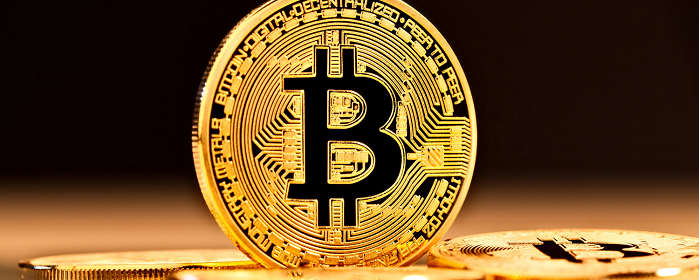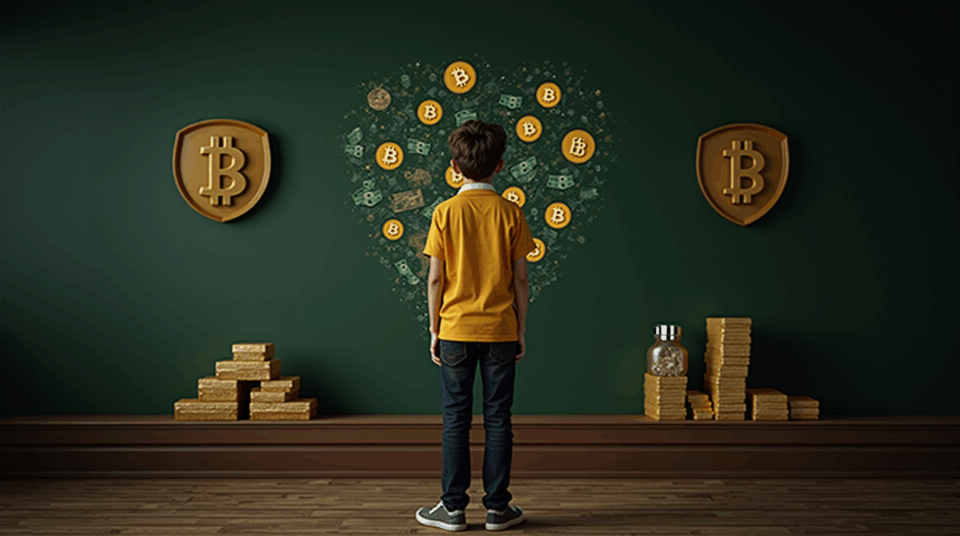Robert Kiyosaki claims that schools train children to become employees dependent on “fake money” (fiat). This critique resonates among investors interested in Bitcoin, gold, and silver, affecting educators, parents, and retail investors. He advocates for direct ownership of real assets and cryptocurrencies as a safeguard against cash depreciation, warning about the loss of financial autonomy created by traditional education focused solely on salaries.
Context and Impact
Author of Rich Dad Poor Dad and the book FAKE – Fake Money, Fake Teachers, Fake Assets, Kiyosaki argues that the educational system promotes the cycle of studying, working, and saving in a currency that loses value. In contrast, he recommends tangible assets like gold and silver, and increasingly, Bitcoin as protection against purchasing power erosion, while encouraging a mindset of early financial literacy and investment.
He sets explicit targets: Bitcoin at $1 million by 2035, gold at $30,000, and silver at $3,000, as part of his framework. He criticizes financial instruments that separate the investor from the underlying asset, labeling Bitcoin ETFs as “banker traps” and promoting direct ownership. Additionally, he has publicly supported Donald Trump, whom he called “the first Bitcoin president,” aligning political and financial positions in his message.
Public Criticism and Implications
Critics highlight oversimplifications and risks in his advice. Several analysts question the practical applicability of his recommendations and the accuracy of certain anecdotes.
John Reed, real estate advisor, stated: “Rich Dad, Poor Dad contains a lot of wrong advice, much bad advice, some dangerous advice, and virtually no good advice.”
His company, Rich Global LLC, declared bankruptcy in 2012, and Kiyosaki has publicly stated being $1.2 billion in debt, which he describes as part of his financial strategy, though controversial and debated by many experts.

His message can boost retail interest in direct ownership of cryptocurrencies and metals and fuel debate on financial literacy in schools. It may also increase scrutiny of synthetic financial products like ETFs, while carrying the risk of investment decisions based on polarized assumptions without assessing personal risks, generating unrealistic expectations of future gains.
Kiyosaki combines massive sales —Rich Dad Poor Dad sold over 32 million copies— with a message of distrust toward fiat currency and a concrete forecast: Bitcoin at $1 million by 2035.

